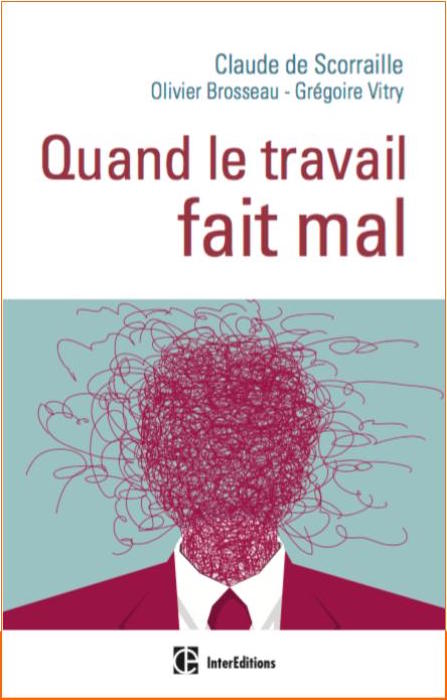
We see every day that in cases of harassment the first reaction of the media and public opinion is to try to find a culprit, a person responsible for the suffering in the workplace. This loses sight of the interactional dimension of acts of harassment. Claude de SCORRAILLE, in his book When work hurts (InterÉditions) sheds light on this subject. Here is an excerpt from the chapter dedicated to resolving harassment issues.
There is no “harasser-executioner”, no “harassed-victim”, but a rigid complementary relationship in which two individuals find themselves prisoners. The harassment process is a bit like an “interactional dance” between two partners who are respectively stuck in a high position and a low position, each trying to defend their view of the situation. The relationship gets stuck in an endless game, with a loser and a winner.
The relational process of a harassment situation is based on a logic of the contradictory type. The "harasser" offers a relationship that the "harassed" accepts in a compromise that weakens him. In a way, he says “yes” to the proposed rule, but in interactions he acts as if he is questioning his “yes”. He says “yes” to something and then he says “no” to that same thing. The first puts itself in the high position, in an injunctive mode which could be translated as: "I command you", the second puts itself in the low position and replies: "yes, you command me, I feel obliged to say yes and I also feel obliged to defend myself against what does not suit me”. The defense of one feeds the insistence of the other which reactivates the defense of the first in return. And there, the circle is complete.
By an effect of rigidification and redundancy of interactions, everyone freezes in his strategy, his communication and his relational attitude to gain the upper hand . Everyone feels stuck in the role they play in this relationship and no longer knows how to change the rules of the game. One as the other can be led to avoid the other and when this is not possible, then he tries to control the other (we insist, we justify ourselves, we go into details, etc.), until he gives meaning to his powerlessness over the other. Each ends up complaining about the other, labeling them regardless of what they themselves do.



